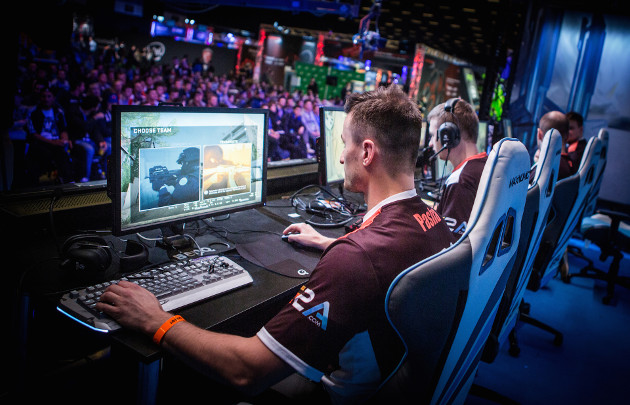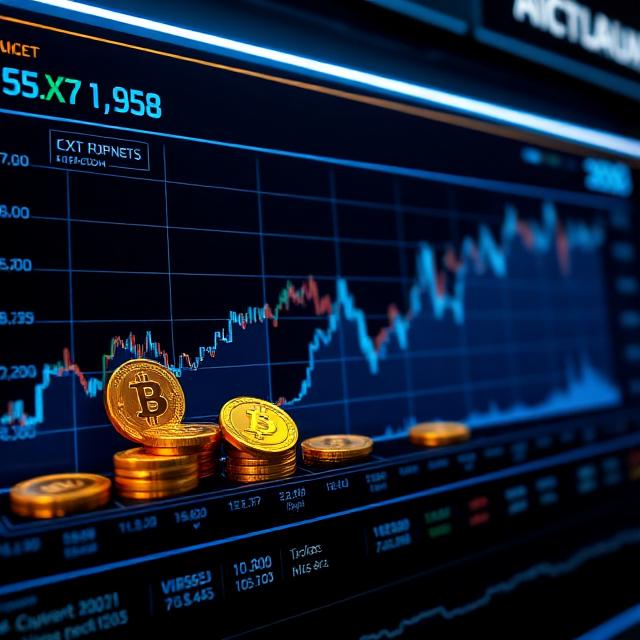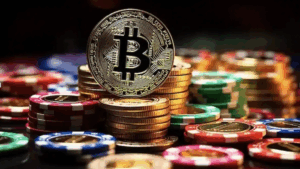Esports & Blockchain: The Future of Competitive Gaming & Fan Engagement
Esports, or electronic sports, has exploded into a global phenomenon. Millions of fans watch professional gamers compete in video games, generating massive viewership and prize pools. Simultaneously, blockchain technology has revolutionized digital ownership and decentralized economies. The convergence of these two powerful forces, Esports and Blockchain, is creating a new frontier for competitive gaming, fan engagement, and player empowerment. This article explores how blockchain is poised to transform the esports industry, from verifiable in-game assets to tokenized fan experiences.
Why Esports Needs Blockchain: Addressing Key Challenges
The traditional esports ecosystem, while thriving, faces certain challenges that blockchain technology can address.
- Digital Ownership: Players spend countless hours earning or purchasing in-game items (skins, weapons, characters). However, they don’t truly “own” these assets; they merely license them from game developers.
- Fan Engagement: While passionate, fan engagement often lacks direct financial or governance participation.
- Transparency: Prize pools, sponsorships, and player contracts can sometimes lack full transparency.
- Fair Play: Ensuring verifiable fairness in competitive environments is always a concern.
Blockchain offers solutions to these issues, ushering in a more equitable and engaging ecosystem for Esports and Blockchain.
How Blockchain is Transforming Esports
Blockchain technology is impacting various facets of the esports industry.
1. True Ownership of In-Game Assets (NFTs)
- NFTs for Uniqueness: Non-Fungible Tokens (NFTs) allow players to truly own their unique in-game items. Each NFT is a verifiable digital asset recorded on a blockchain.
- Player-Owned Economies: Players can buy, sell, or trade these NFT assets on open marketplaces, creating secondary economies independent of the game developer. This empowers players and adds real-world value to their digital possessions.
- Collectibles and Memorabilia: Esports teams and events can issue NFTs as digital collectibles, fan tokens, or even unique moments from tournaments, offering new revenue streams and fan engagement opportunities.
2. Tokenized Fan Engagement and Governance
- Fan Tokens: Teams and leagues can launch their own fan tokens. These tokens grant holders various perks, such as voting rights on team decisions (e.g., jersey designs, charity initiatives), access to exclusive content, or VIP experiences.
- Decentralized Autonomous Organizations (DAOs): Some esports organizations or gaming communities are exploring DAOs. These allow token holders to collectively govern and manage aspects of the ecosystem, giving fans a direct voice.
- Gamified Rewards: Blockchain can enable transparent and verifiable reward systems for fan participation, predictions, or loyalty.
3. Transparent Prize Pools and Payments
- Smart Contracts for Payouts: Prize pools can be managed and distributed via smart contracts. These self-executing agreements automatically release funds to winners when predefined conditions (e.g., tournament results) are met. This ensures transparency and eliminates delays.
- Global Payments: Cryptocurrencies facilitate instant, low-cost international payments. This simplifies prize distribution to players and teams worldwide, bypassing traditional banking complexities.
4. Blockchain-Based Gaming Platforms and Play-to-Earn
- New Game Models: Blockchain enables “play-to-earn” (P2E) games. Players earn cryptocurrency or NFTs through gameplay, creating new economic opportunities.
- Verifiable Fair Play: Some blockchain games integrate cryptographic proofs to ensure game fairness and prevent cheating, building trust in competitive environments.
- Decentralized Tournaments: Blockchain can facilitate decentralized tournament platforms. These allow players to organize and compete without relying on a central authority, ensuring transparent rules and payouts.
The Future of Esports and Blockchain: A Synergistic Relationship
The intersection of Esports and Blockchain is still in its early stages. However, its potential is immense. As blockchain technology matures and becomes more user-friendly, it will likely integrate deeper into the esports industry. This will create:
- More Engaged Communities: Fans will have more direct ways to participate and feel invested in their favorite teams and games.
- New Economic Models: Players can derive real-world value from their gaming skills and digital assets.
- Enhanced Transparency: The entire ecosystem, from prize pools to asset ownership, will become more verifiable and trustworthy.
- Increased Accessibility: Blockchain can lower barriers to entry for both players and developers, fostering a more inclusive competitive gaming environment.
Conclusion: Leveling Up the Game
The synergy between Esports and Blockchain promises to revolutionize competitive gaming. By offering true digital ownership, transparent financial mechanisms, and innovative fan engagement models, blockchain is set to address key challenges in the esports industry. As these technologies continue to evolve, they will empower players, deepen fan connections, and create a more equitable and exciting future for competitive gaming worldwide.














Post Comment